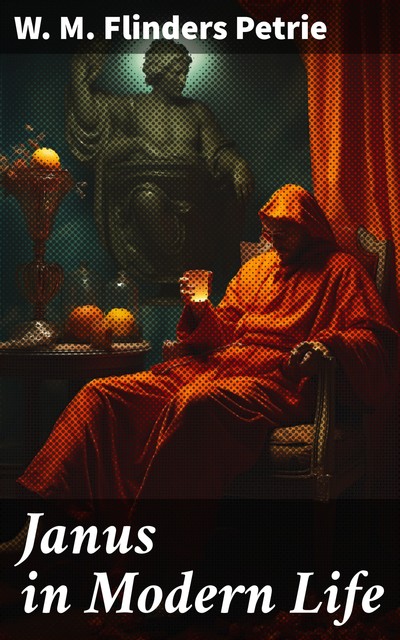In “Janus in Modern Life,” W. M. Flinders Petrie explores the duality of human experience through a lens that fuses classical scholarship with contemporary observations. The title references the Roman deity Janus, symbolizing beginnings, transitions, and duality, which serves as a metaphor throughout the text for the complexities of modern existence. Petrie's narrative eruditely oscillates between detailed archaeological insights and philosophical reflections, calling upon historical contexts to frame contemporary dilemmas in an increasingly fragmented society. The book challenges readers to introspectively engage with the nuanced perspectives of past and present, urging an understanding of life'Äôs transitions. W. M. Flinders Petrie, renowned as the father of modern archaeology, was not only instrumental in revolutionizing the field but was also a keen observer of cultural shifts. His background in both science and the humanities imbued his writing with a unique authority; Petrie understood how history echoes in the human condition. His extensive fieldwork and academic pursuits shaped his worldview, prompting a desire to elucidate the lessons history offers regarding modern life'Äôs challenges. Readers seeking a thought-provoking examination of identity, time, and societal change will find “Janus in Modern Life” indispensable. Petrie'Äôs ability to intertwine scholarly rigor with accessible prose invites both academic and casual readers alike to reflect on their positions within a continuum of human experience, making this work a timeless addition to the study of social dynamics.


